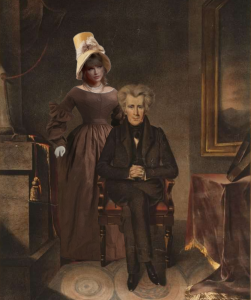 In America, product placement has become invasive, the lines constantly blurred between what is actual story and what is advertisement. No medium is safe, either. It’s everywhere, from BCS sponsorships to the movies to TV shows. Sometimes, it’s annoying and distracting, and other times it easily flows into whatever is being produced.
In America, product placement has become invasive, the lines constantly blurred between what is actual story and what is advertisement. No medium is safe, either. It’s everywhere, from BCS sponsorships to the movies to TV shows. Sometimes, it’s annoying and distracting, and other times it easily flows into whatever is being produced.
Things in England have always been different. For a long time, product placement was banned. The ban was recently lifted, and programs have to mark the show with a “P” symbol, much like violent or mature shows here do, for three seconds at the beginning and end of the program.
But there’s still a catch. Not all types of programming are allowed to have product placement, and many kinds of products, including alcohol and unhealthy foods, are still not allowed to be used.
While this is certainly making a splash in England, changing the way their shows are watched, it also presents an interesting argument for changing advertising in American entertainment.
English media critics have been discussing this at length, and many are talking about the hope for the products to be used only if relevant and used seamlessly. The idea of relevance and seamlessness in American product placement has been a foreign concept since its inception.
Sure, a show in a bar featuring Bud Light makes sense; the characters constantly commenting on its smoothness and taste, does not. The same goes for cars. Telling someone about the new Ford you purchased is believable enough, but rambling off all the features as two guys drive down the road is ridiculous.
Some shows even realize the absurdity of the situation and goes as far as to actually admit to getting money, like in “30 Rock.” Most, though, do it for the money.
While enticing, the problem with eliminating or restricting product placement in America comes down to money. In a Nielsen media study on the highest uses of product placement, reality shows overwhelm the list. The non-reality shows on it? Those on the CW network, which have much smaller budgets than shows on larger networks.
If product placement were to be limited on television, it could drastically change the way TV is produced and subsequently viewed, simply because budgets would be smaller. Low quality shows would become even lower, staff quality would decrease and the way TV is run would have to drastically change.
As much of a nuisance as it is, unless the industry changes, America probably won’t be able to adopt the same system as England. Until then, wishing Michael Bay doesn’t receive product placement for his next movie is only a pipe dream.




